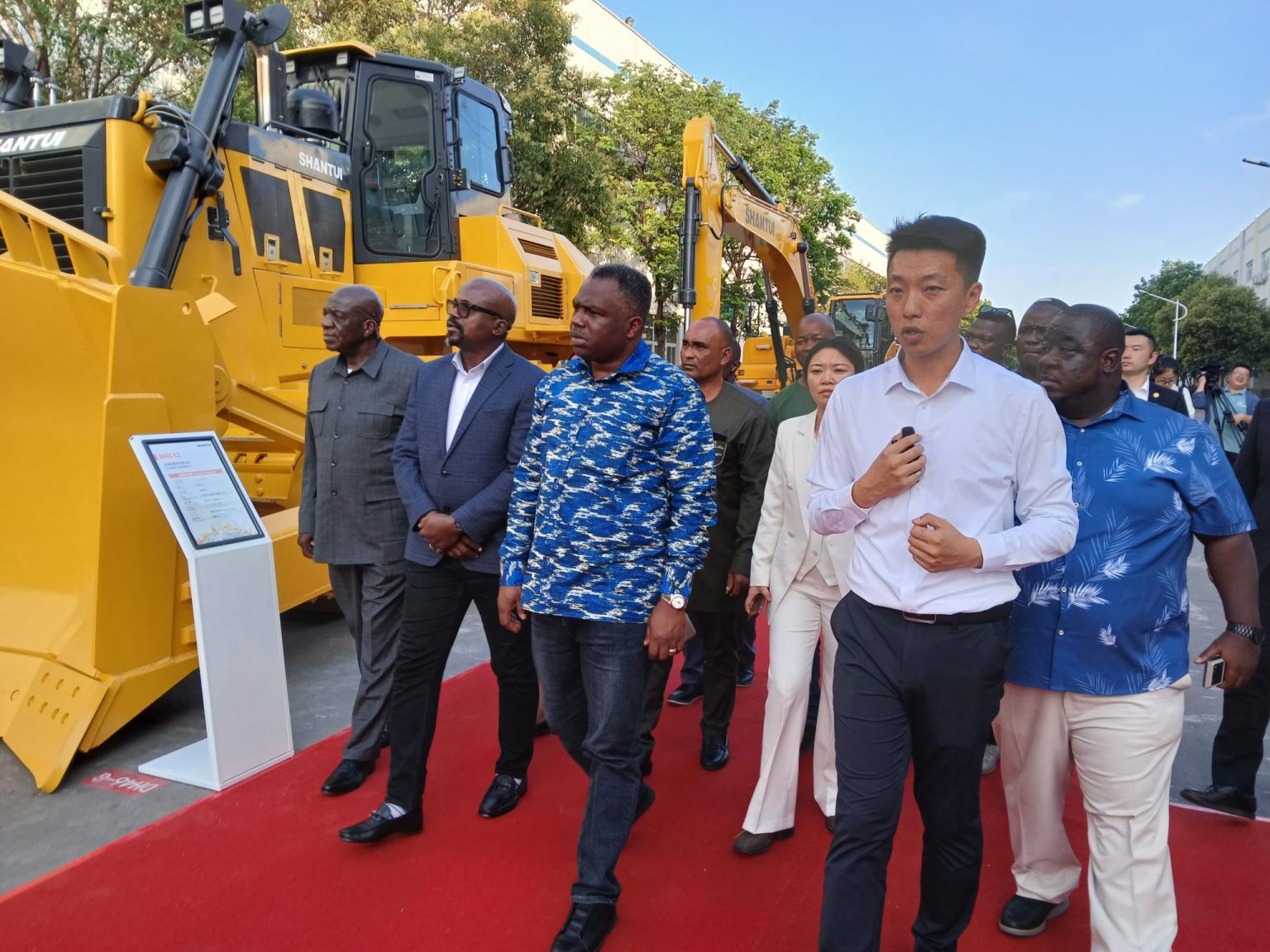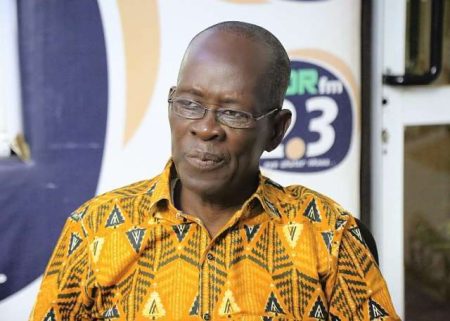In June 2025, Liberian Vice President Jeremiah Kpan Koung embarked on a fact-finding mission to China to evaluate potential suppliers for a substantial procurement of 285 pieces of earth-moving equipment. With a budget ceiling of US$22 million, the Liberian government prioritized securing value for money rather than simply acquiring machinery. The delegation, including key officials from the Ministries of Public Works and Finance, the Public Procurement and Concession Commission, and the General Services Agency, visited three prominent Chinese manufacturers: Sany Group in Changsha, Shantui in Shandong, and Sino Group in Guangzhou. This trip aimed to assess the quality, production capacity, and after-sales support offered by each company, ensuring the best possible deal for Liberia.
The first stop was Sany Group, a global heavy machinery manufacturer with a significant international presence. Vice President Koung emphasized Liberia’s desire for quality equipment at competitive prices, stressing the importance of avoiding inflated costs associated with intermediaries. He underscored the need for a comprehensive package encompassing spare parts, operator training, and ongoing maintenance. Sany Group, known for its high production volume and integrated manufacturing processes, assured the delegation of its commitment to providing value for money. The visit included a detailed tour of the manufacturing plant, showcasing Sany’s production capabilities and the specifications of various earth-moving equipment.
The delegation then traveled to Shandong Province to visit Shantui, a subsidiary of Shandong Heavy Industry Group. Unlike Sany, Shantui maintains a local presence in Liberia, potentially simplifying logistics and after-sales support. The visit included a comprehensive tour of Shantui’s manufacturing facilities, showcasing its production line and offering insights into the company’s capabilities. Following the factory tour, the delegation was hosted for dinner and accommodated at a nearby hotel before continuing their evaluation.
The final destination for the Liberian delegation was Guangzhou, home to Sino Group, the third potential supplier. Like Shantui, Sino Group also operates in Liberia, potentially offering advantages in terms of local support and responsiveness. The visits to both Shantui and Sino Group were crucial in providing a comparative perspective, allowing the delegation to assess the merits of each supplier based on factors beyond just price. The availability of spare parts, training programs, and maintenance services were key considerations in the evaluation process.
The overall objective of this meticulously planned trip was to conduct thorough due diligence, comparing the three prospective suppliers across various parameters. This included not just the initial cost of the equipment but also the long-term value proposition, considering factors like maintenance, spare parts availability, and training provisions. The US$22 million budget served as a ceiling, with the expectation that the final cost could be lower depending on negotiations and the chosen supplier.
This on-site inspection and assessment trip served to dispel earlier speculation that the Liberian government had pre-selected a supplier or agreed to the US$22 million figure. No payments had been made at the time of the visit, reaffirming the government’s commitment to a transparent and competitive procurement process. The Vice President’s emphasis on value for money underscored the government’s dedication to securing the best possible deal for Liberia’s infrastructure development needs.
The trip underscored the importance of due diligence in public procurement, particularly for a significant investment like this. By visiting the manufacturing facilities, observing production processes, and engaging directly with company representatives, the Liberian delegation gathered firsthand information crucial for making an informed decision. This approach ensured transparency and accountability, demonstrating the government’s commitment to responsible spending and maximizing the impact of public funds on Liberia’s development.














